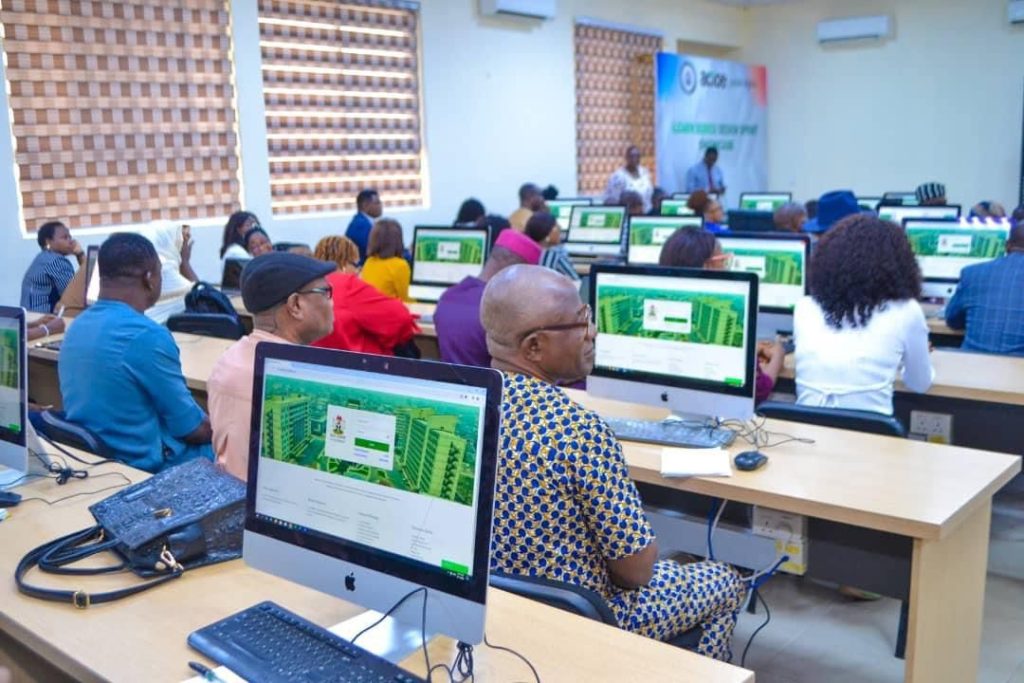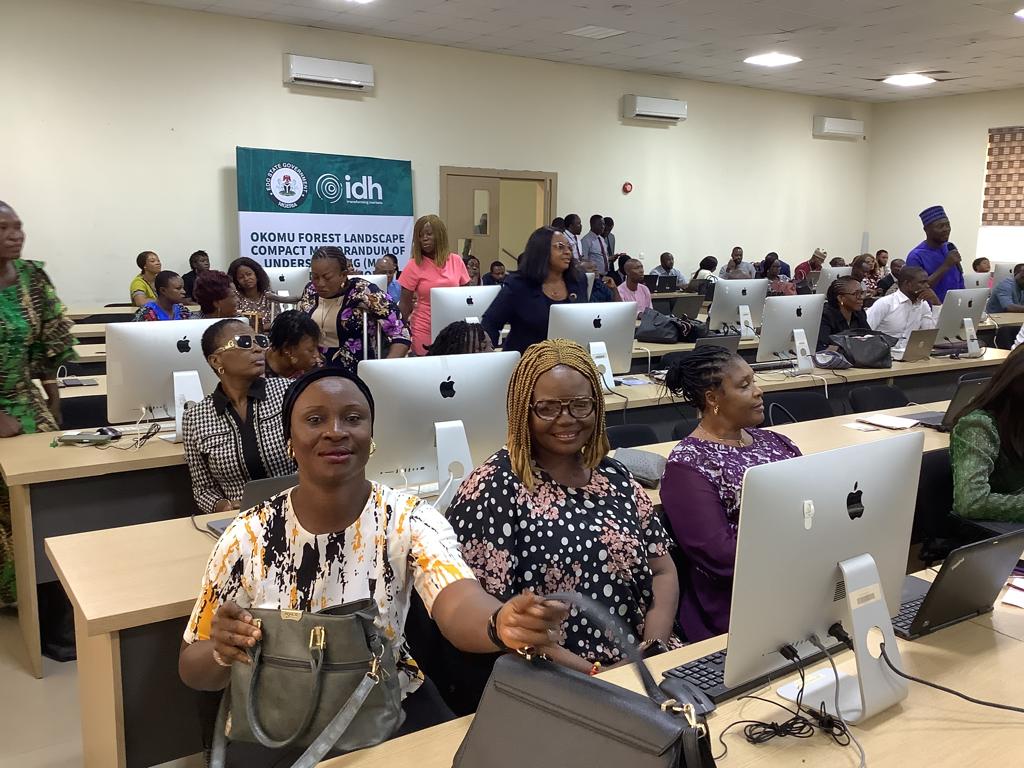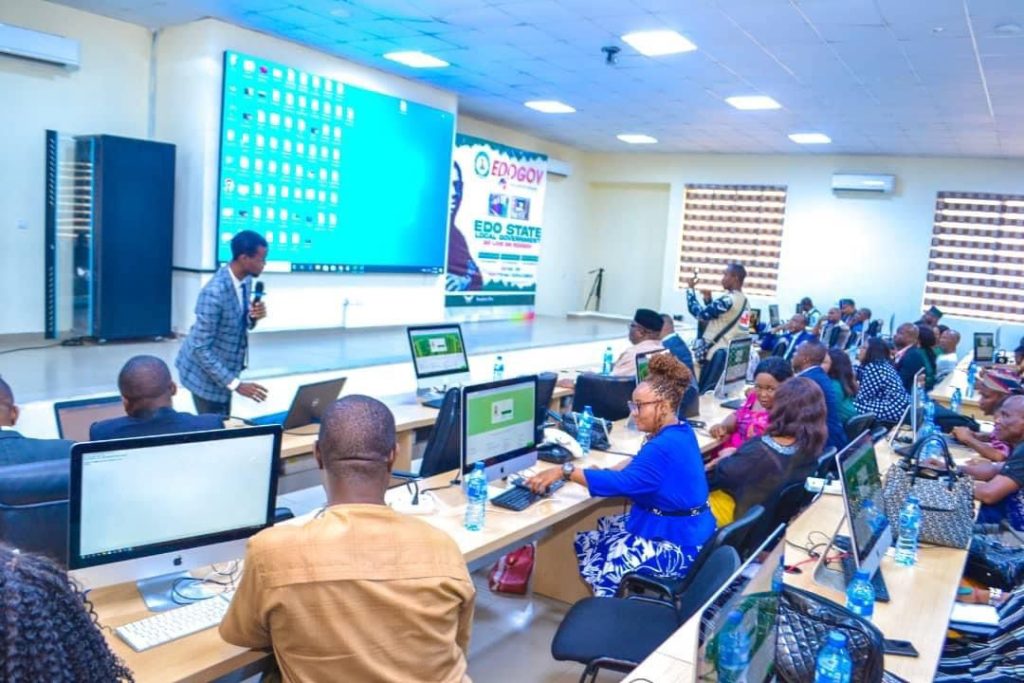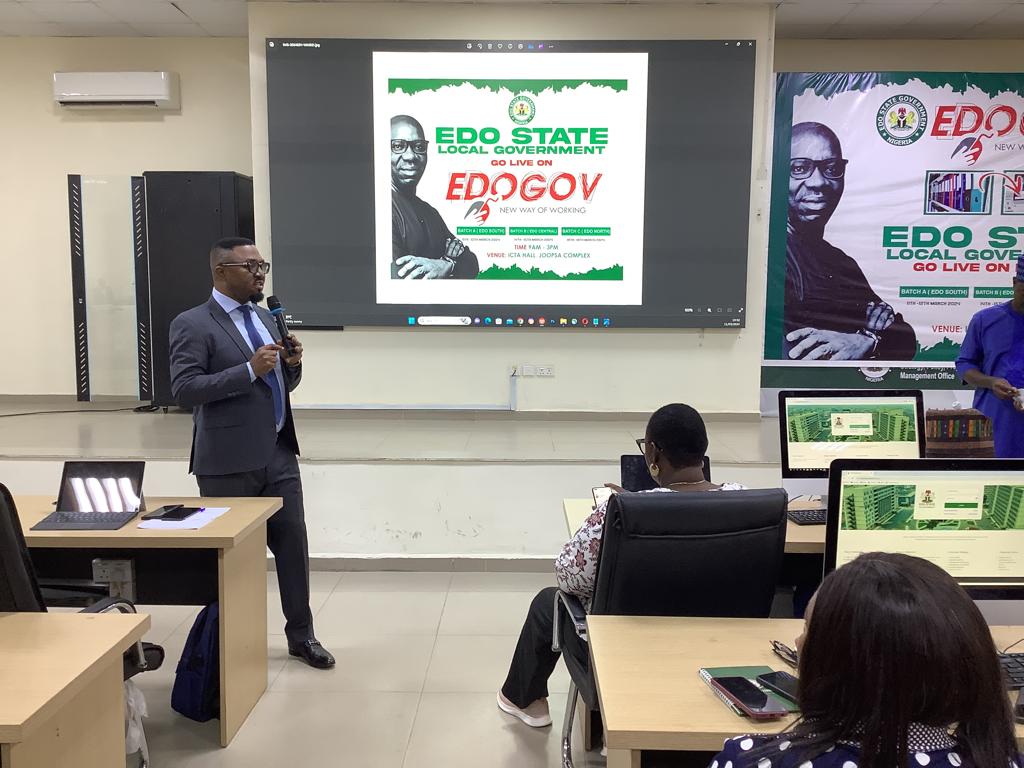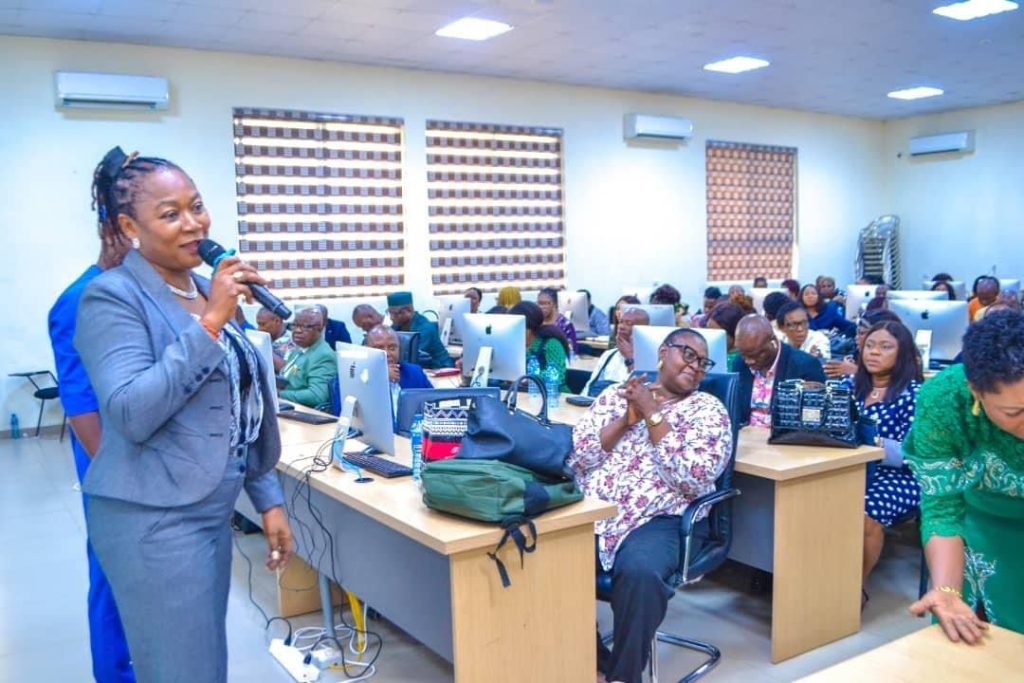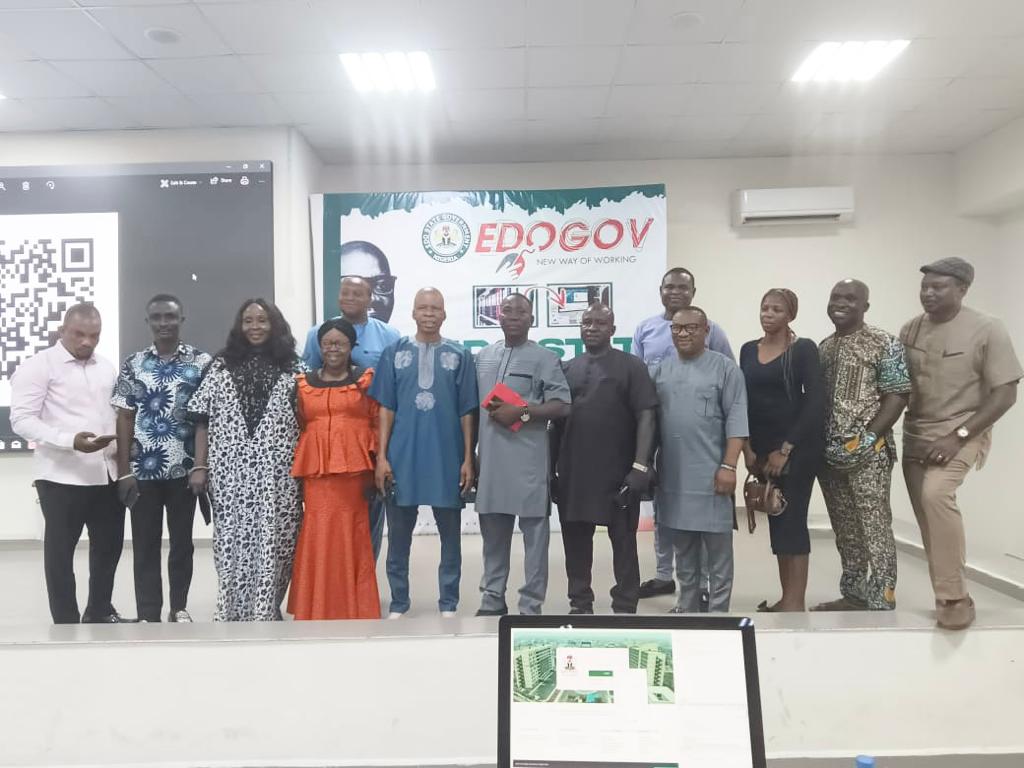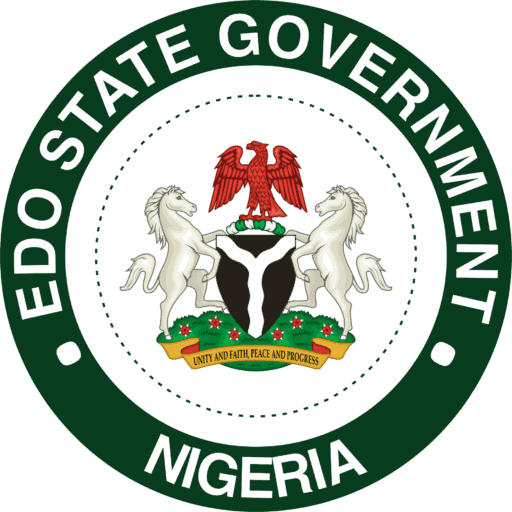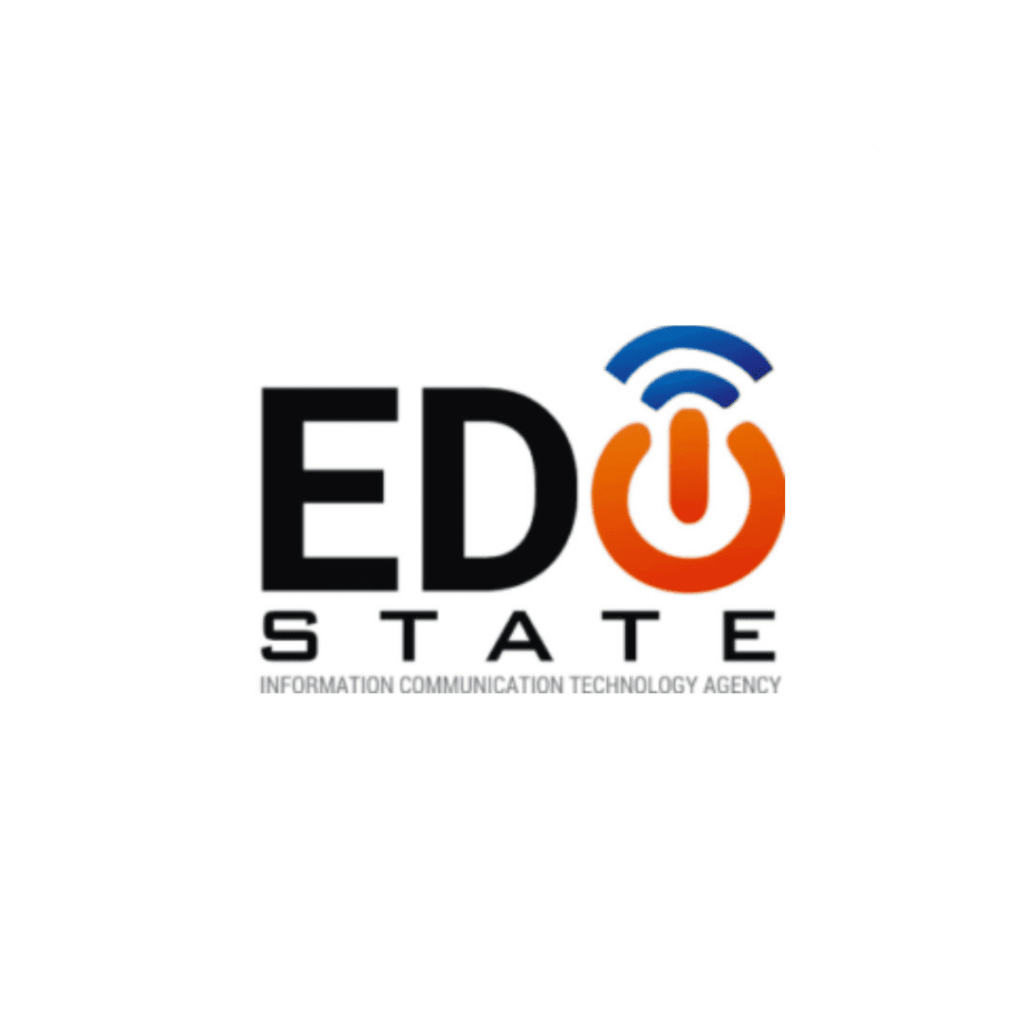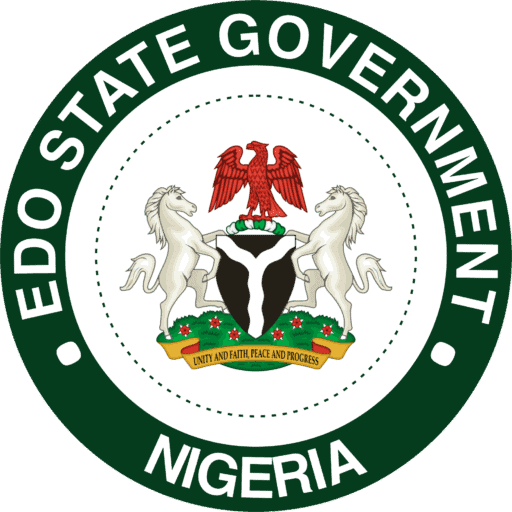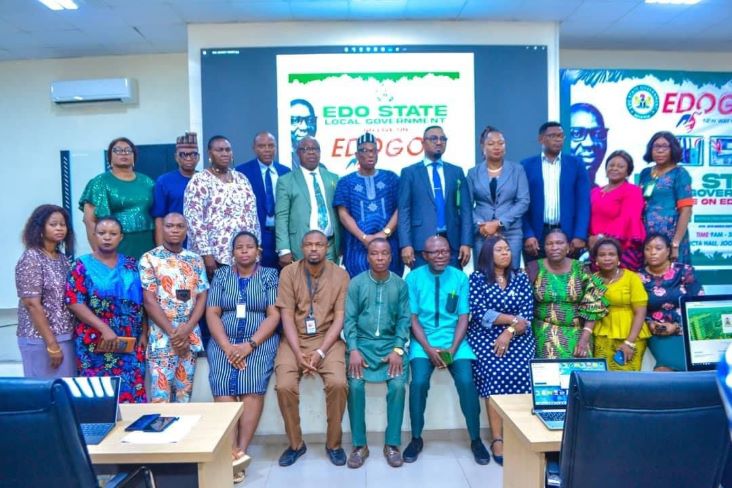In a significant move towards bolstering efficiency and technological adeptness within its administrative framework, the Edo State Government recently initiated a comprehensive training program for its personnel across the 18 local government areas(Akoko-Edo, Egor, Esan Central, Esan North-East, Esan South-East, Esan West, Etsako Central, Etsako East, Etsako West, Igueben, Ikpoba-Okha, Oredo, Orhionmwon, Ovia North-East, Ovia South-West, Owan East, Owan West, Uhunmwonde). The training, spearheaded by the Head of Service, Dr. Anthony Okungbowa, in collaboration with the Information Communication Technology (ICT) Agency team led by the Managing Director Mr. Goodluck Igbinedion, encompassed a diverse array of essential skills aimed at empowering government staff members.
The training curriculum covered a spectrum of topics vital for modern administrative tasks, including Computer Appreciation, Microsoft Office Suite proficiency (Word, Excel, and PowerPoint), as well as fundamental aspects of Information and Communication Technology such as collaborative tools utilization (Internet, Video Conferencing via platforms like Zoom), email management, and IT security measures including awareness on Malwarebytes and VPN usage. Moreover, the program delved into the intricacies of navigating EdoGov Platform Modules and M-Files, crucial components for streamlining governmental operations and data management.
With technology playing an increasingly integral role in contemporary governance, equipping staff members with these foundational skills is paramount for ensuring optimal service delivery to the citizens of Edo State. The emphasis on computer literacy and proficiency in widely used software applications not only enhances individual productivity but also facilitates seamless communication and collaboration within government departments.
The decision to collaborate with the ICT Agency underscores the government’s commitment to harnessing technological advancements for administrative excellence. By leveraging the expertise of seasoned professionals like Mr. Goodluck Igbinedion and his team, the training initiative ensures that participants receive high-quality instruction tailored to meet the specific needs and challenges encountered in governmental settings.
Furthermore, the incorporation of evaluation assessments at the conclusion of the training program serves as a vital mechanism for gauging the efficacy of the initiative. Through rigorous assessment measures, the government can ascertain the extent to which participants have assimilated the knowledge and skills imparted during the training sessions, thus enabling targeted interventions and follow-up support where necessary.
Beyond the immediate benefits of skill enhancement, this initiative holds the potential to foster a culture of continuous learning and innovation within the state bureaucracy. By investing in the professional development of its workforce, the Edo State Government not only enhances its operational capabilities but also cultivates a cadre of proficient and adaptable personnel poised to navigate the evolving demands of governance in the digital age.
In conclusion, the Edo State Government’s commitment to capacity building through comprehensive staff training underscores its proactive approach to addressing the challenges of modern governance. By equipping its personnel with the requisite skills and knowledge, the government lays a solid foundation for realizing its vision of a more efficient, responsive, and technologically savvy administration, ultimately benefiting the citizens of Edo State.
